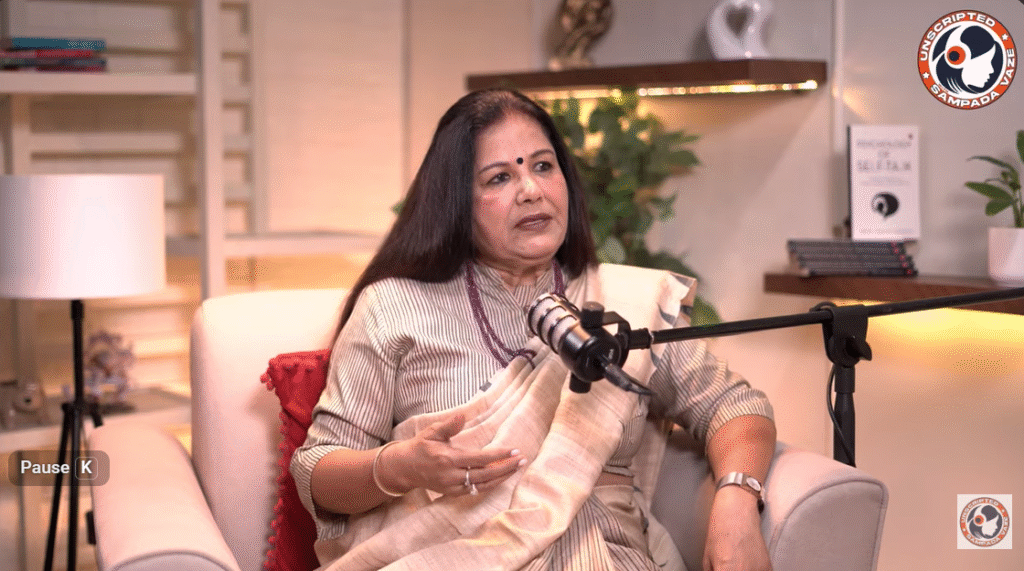Introduction
As we move into 2025, technology continues to revolutionize mental health care, making support more accessible, affordable, and stigma-free. Digital therapy and AI-driven tools offer new ways to manage mental wellness from the comfort of your own home. In India, where geographical and social barriers often limit access to mental health professionals, these innovations are transforming lives. Mind Spa India embraces this future, blending traditional care with cutting-edge technology to provide holistic support.
What is Digital Therapy?
Digital therapy includes a range of services delivered through electronic platforms:
- Teletherapy: One-on-one counseling sessions via video or voice calls.
- E-counseling: Text-based therapy, chatbots, and email support.
- Online support groups: Virtual communities sharing experiences and coping strategies.
These services allow flexibility and privacy while reaching underserved populations.
Latest Innovations in Mental Health Technology
- AI Chatbots: Bots like Wysa engage users in therapeutic conversations, guiding them through grounding exercises, mood tracking, and coping techniques.
- Virtual Reality (VR) Therapy: VR offers immersive exposure therapy for phobias, PTSD, and anxiety disorders, providing safe controlled environments for healing.
- Wearables and Mood Trackers: Devices monitor physiological signs such as heart rate variability and sleep patterns, alerting users and clinicians to potential mood shifts.
- Mobile Apps: Indian apps like InnerHour and MindPeers provide localized content, language support, and culturally relevant interventions.
Benefits for Indian Users
- Accessibility: Therapy can reach remote and rural areas without physical clinics.
- Affordability: Many digital services reduce costs by eliminating travel and office expenses.
- Privacy: Anonymity reduces stigma and encourages more people to seek help.
- Language and Cultural Sensitivity: Platforms increasingly cater to regional languages, making therapy more inclusive.
Risks & Limitations
- Digital therapy should not fully replace in-person care, especially for severe mental health conditions.
- Privacy concerns and data security require careful attention.
- Some individuals may miss the human connection found in traditional therapy.
- Awareness about how to select credible digital tools is still growing.
Trusted Tools & How to Choose Them
- Verify credentials of therapists affiliated with platforms.
- Check for data privacy policies.
- Look for platforms endorsed by Indian mental health organizations.
- Start with free trials or basic versions.
- Use in combination with in-person support when possible.
Mind Spa India supports clients with both traditional counseling and digital therapy, bridging the best of both worlds.
FAQs
Q: Does digital therapy actually work in India?
A: Yes, it has proven effective for mild to moderate conditions and for increasing access. Many Indians have benefited from platforms like Mind Spa India’s teletherapy services.
Q: Can AI chatbots replace human therapists?
A: No, chatbots are helpful tools for immediate support and skill-building but cannot replace professional diagnosis or complex therapy.
Q: Are digital therapy platforms safe and confidential?
A: Reputable platforms adhere to strict privacy standards. Always review their policies before sharing personal information.
Conclusion & Call to Action
Digital therapy and AI are reshaping mental health care in India, making compassionate support just a click away. Whether you’re exploring meditation apps or ready for video counseling, Mind Spa India is here to guide you on this tech-enabled journey toward wellness.
📞 To begin personalized digital therapy or schedule hybrid sessions, call or WhatsApp us today at +91 8840676202.
Embrace the future of mental health care with Mind Spa India—where tradition meets technology for your holistic healing.

